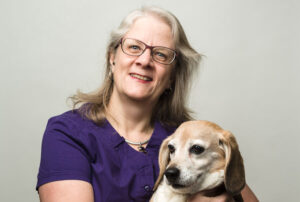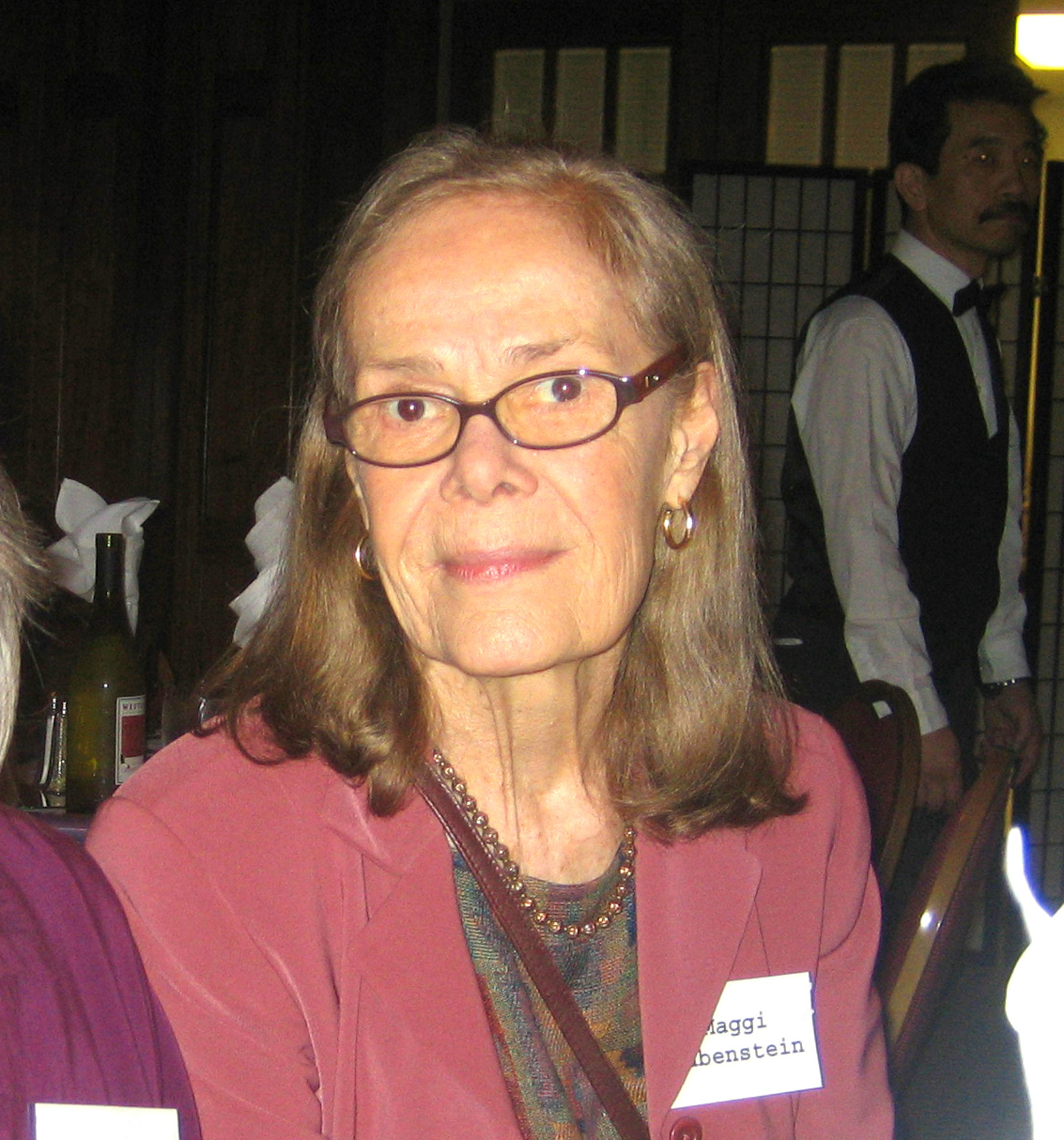By Liz Highleyman
Maggi Rubenstein isn’t as well-known as some other bisexual activists, but she played a key role in the early bi movement, co-founding numerous organizations and mentoring many younger activists.
“Maggi was a bi+ leader and a trailblazer starting in the 1970s wave of activism,” according to longtime bi activist Robyn Ochs. “I think about what courage she must have had. I remember how hard it was when I came out to myself in the 1970s and how it took me five years to share this information with anyone else. It felt nearly impossible to be publicly bisexual. And yet Maggi was one of the brave people out there doing just that.”
Maggi, who died in August 2024 at the age of 93, came out as bisexual amid the cultural upheaval of the late 1960s. Born and raised in the San Francisco Bay Area, she initially trained as a nurse. In the early 1970s, she worked with Glide Memorial Church’s National Sex Forum and served on the board of the Council on Religion and the Homosexual, likely the first organization to enlist religious leaders in the fight for LGBT rights.
The National Sex Forum gave rise to the Institute for Advanced Study of Human Sexuality, where Maggi was a faculty member and dean. Working with lesbian pioneer Phyllis Lyons and others, she helped develop training standards for sexologists. In 1972, Maggi—dubbed the Godmother of Sex Ed—was one of the co-founders of San Francisco Sex Information, which ran a volunteer hotline and developed in-depth trainings covering all aspects of sexuality. Recognizing the importance of safer sex in the early years of the HIV epidemic, she and her colleagues held workshops and did outreach at bars and sex clubs.
In 1976, Maggi co-founded the San Francisco Bisexual Center, which offered counseling, discussion groups, social events, a newsletter, and a speakers’ bureau. In 1983, she helped start BiPOL, the first bisexual political action group (preceding Boston’s BiCEP—the Bisexual Committee Engaging in Politics), followed by the Bay Area Bisexual Network (now the Bay Area Bi+ and Pan Network) in 1987. Over the years, she was a proponent of numerous causes beyond the bi movement, including women’s rights and sex workers’ rights.
“In 1980, when I came out as bisexual from within the San Francisco lesbian community, Maggi had already been an out and outspoken feminist and bi activist for more than a decade,” said Lani Ka’ahumanu, also a co-founder of BIPOL and the Bay Area Bisexual Network. “Whether she was welcomed or not, she spoke up.”
Indeed, Maggi became notorious for interjecting, “…and bisexual!” at public forums and organizational meetings when speakers mentioned “L” and “G” but left out the “B.”
Maggi remained involved in the bi+ community as it expanded and evolved over the decades, becoming a mentor to successive generations of bisexual, pansexual, transgender, and gender diverse advocates.
A veteran of the early struggles between gay men and lesbians and between lesbians and bisexual women, Maggi recognized that more inclusion meant greater strength for the queer community. “There is sexual fascism in this country, and we all have to get past the dichotomies and struggle together against people who want to kill us,” she once said.
Liz Highleyman is a health journalist who lives in San Francisco with her partner and beagles. She was a member of the Boston Bisexual Women’s Network in the 1980s and is a co-founder of BiCEP.


